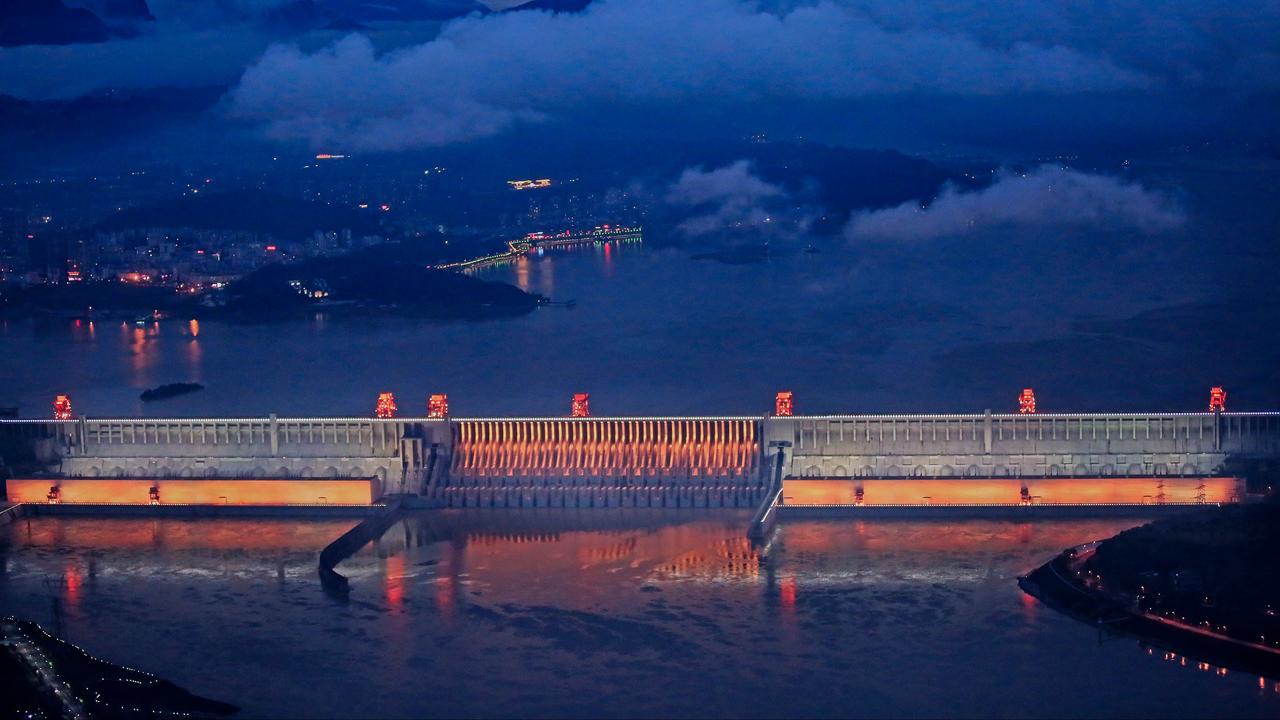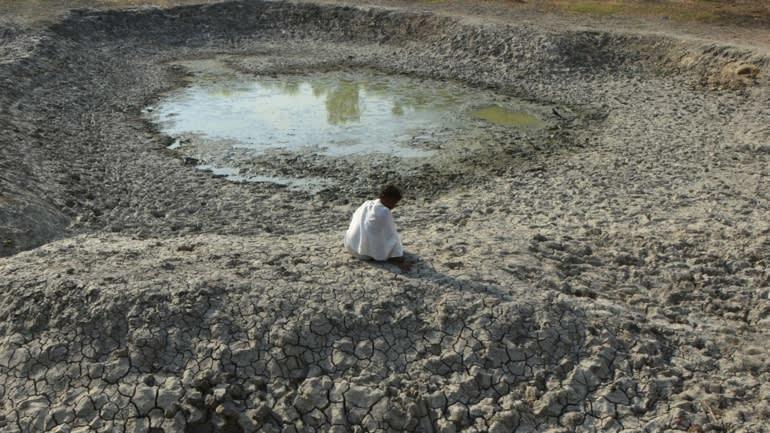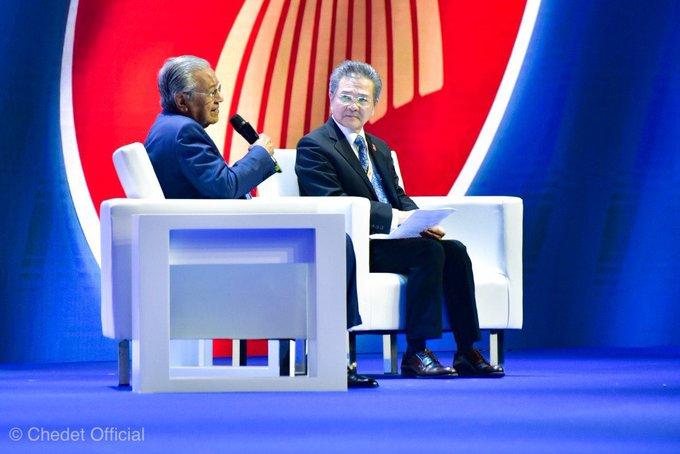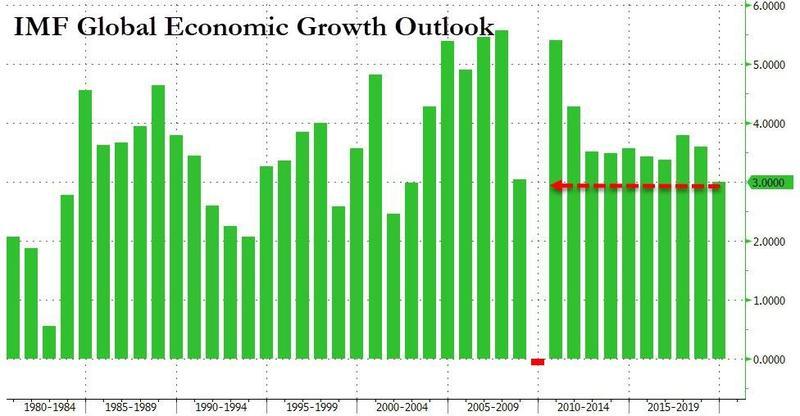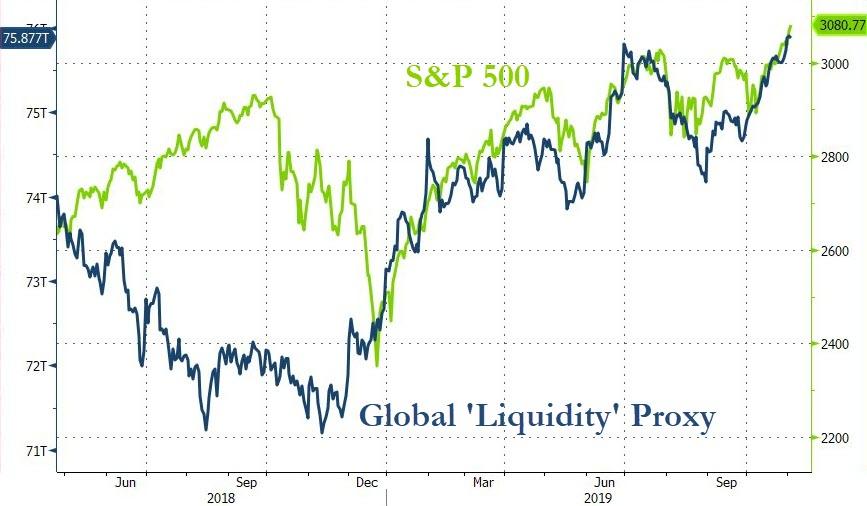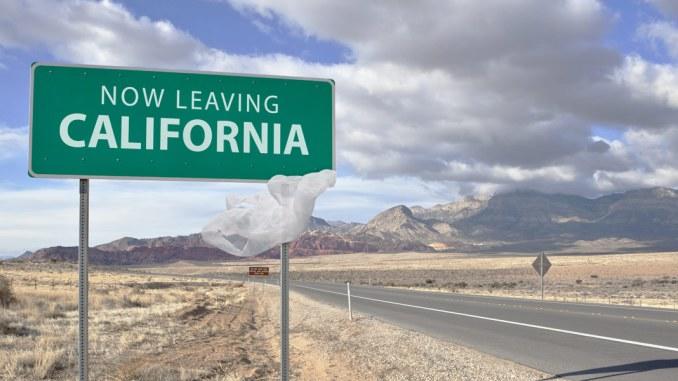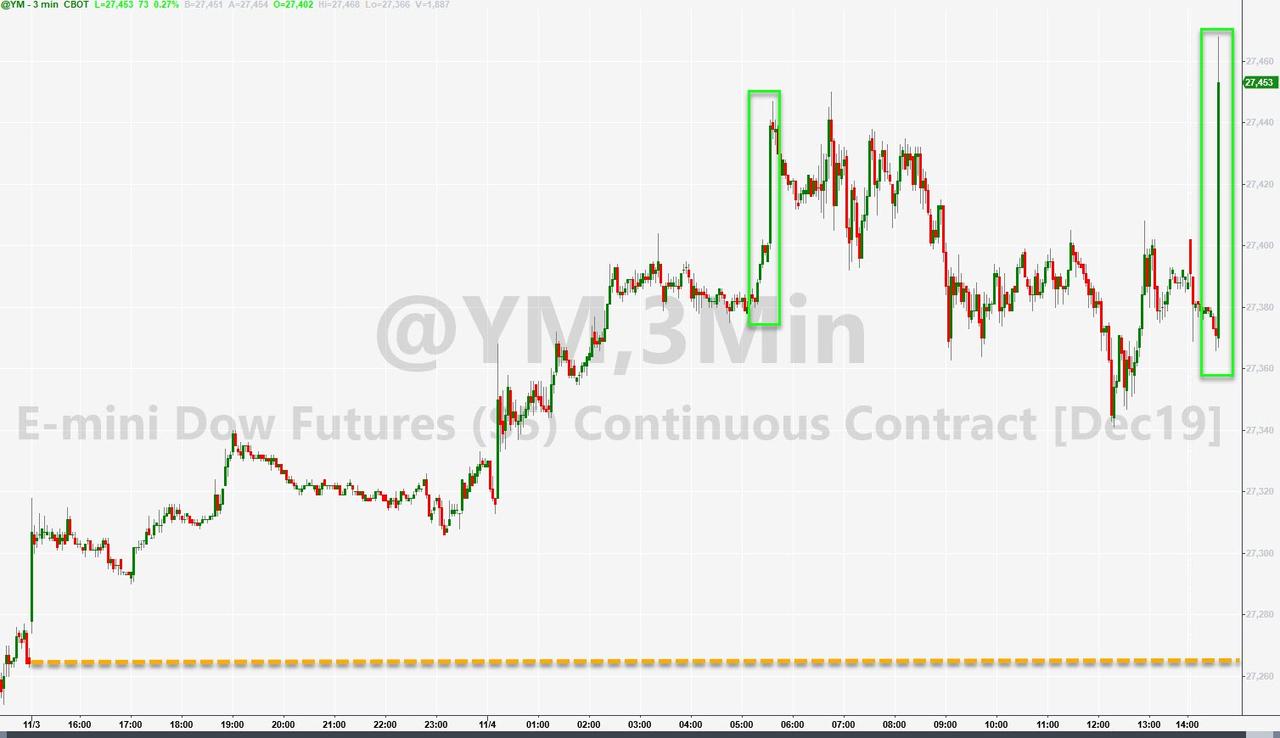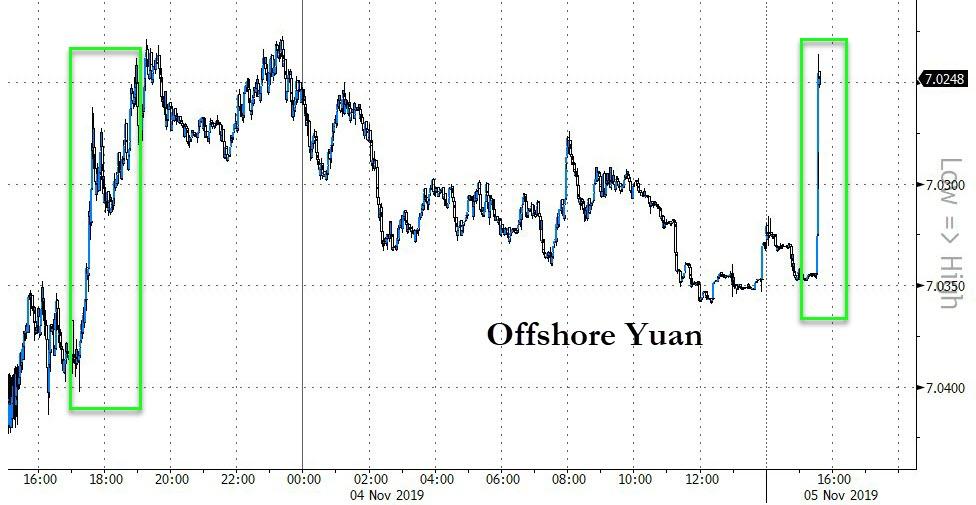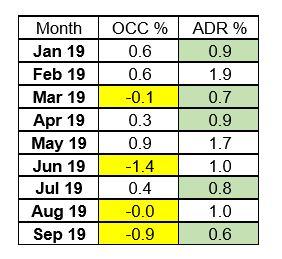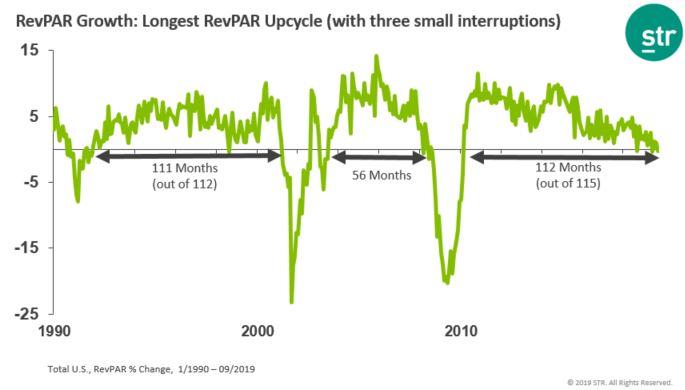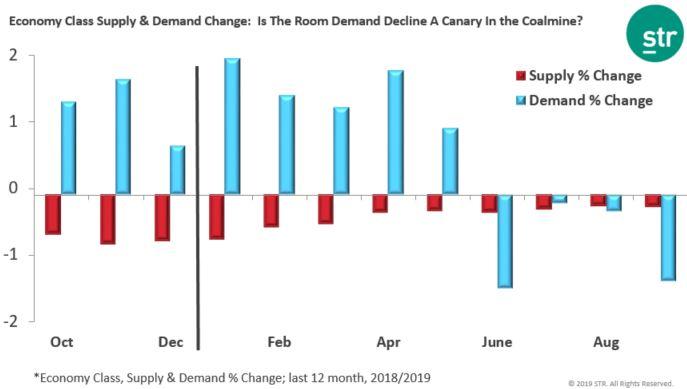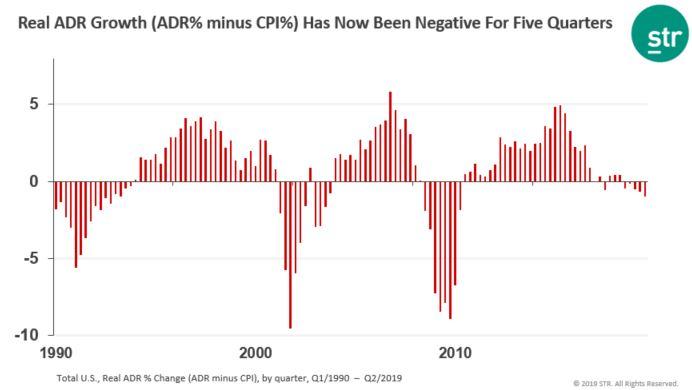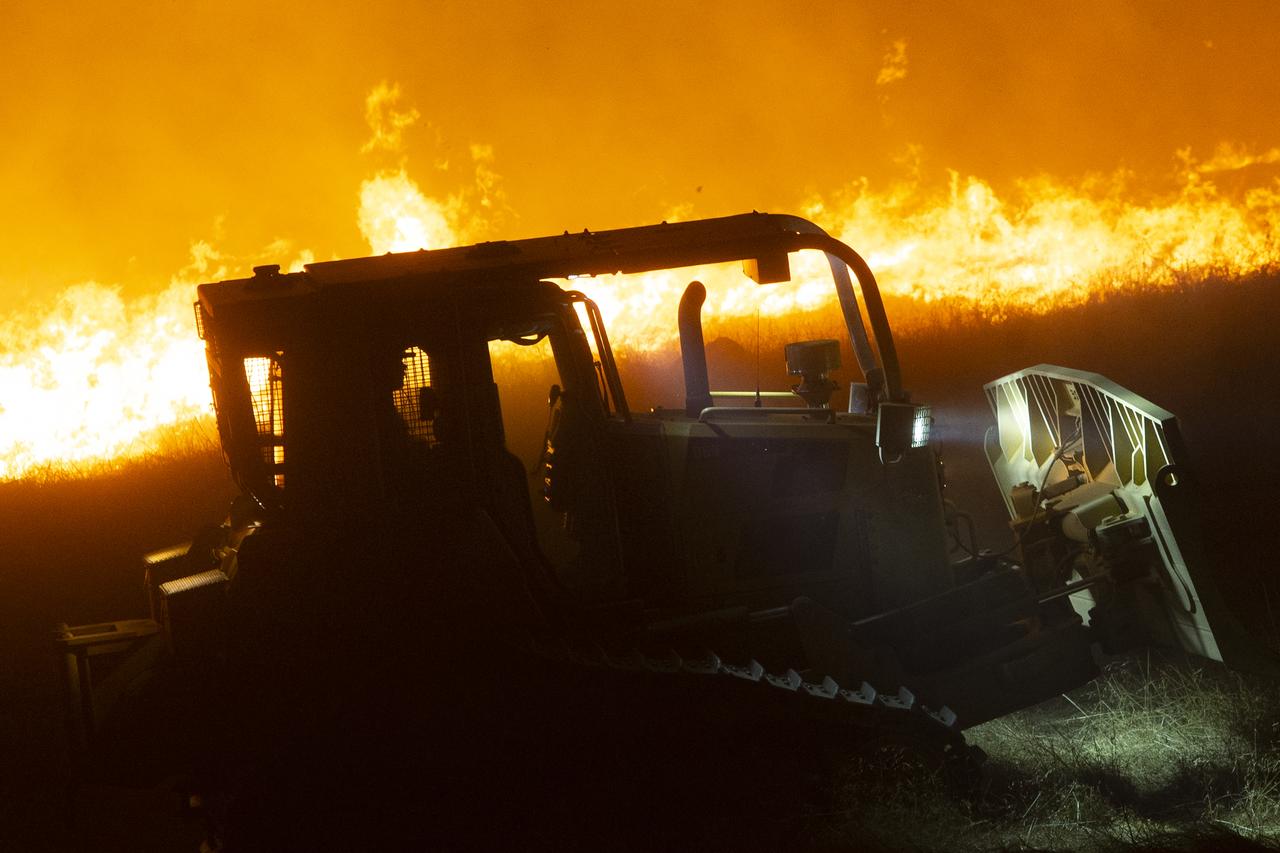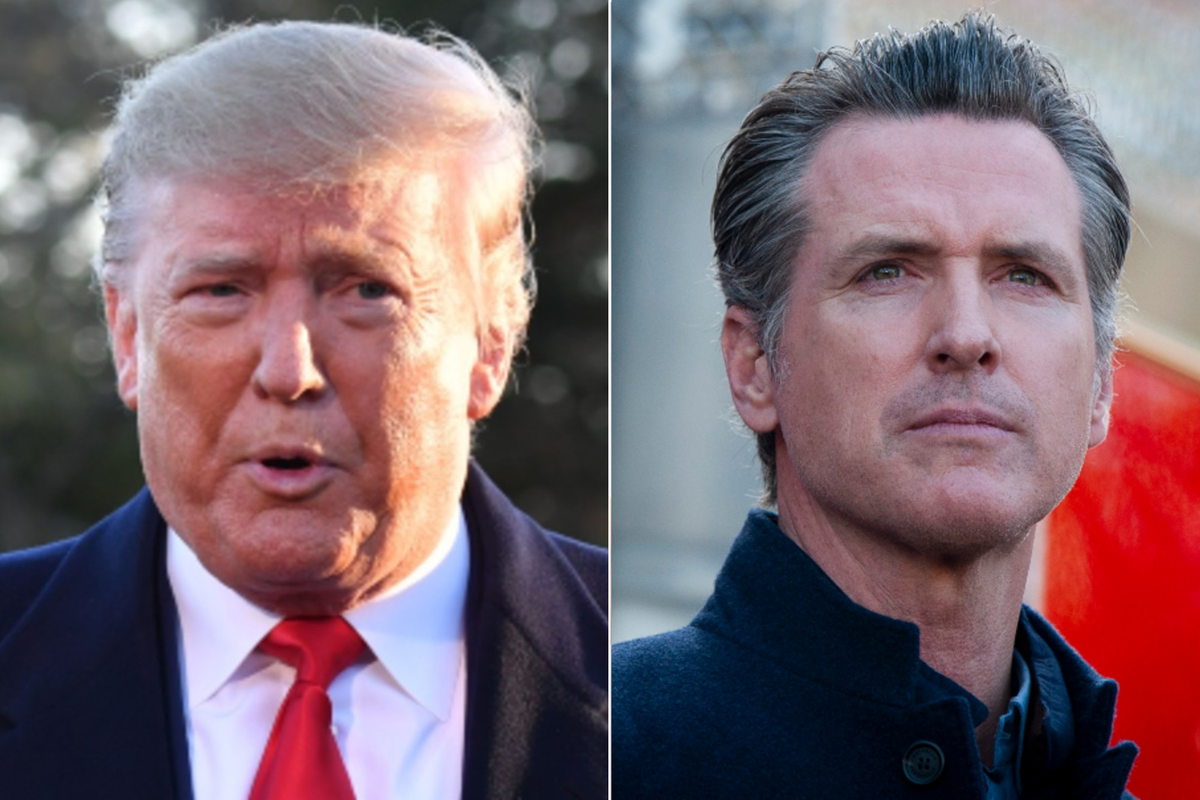China Is Weaponizing Water And Worsening Droughts Across Asia
Authored by Brahma Chellaney, op-ed via Nikkei Asian Review,
Asia, the world’s driest continent in per capita terms, remains the center of dam construction, with more than half of the 50,000 large dams across the globe. The hyperactivity on dams has only sharpened local and international disputes over the resources of shared rivers and aquifers.
A night view of China’s Three Gorges Dam: Asia can build a harmonious, rules-based water management regime only if China gets on board, which does not seem likely. © Visual China Group/Getty Images
The focus on dams reflects a continuing preference for supply-side approaches, which entail increased exploitation of water resources, as opposed to pursuing demand-side solutions, such as smart water management and greater water-use efficiency. As a result, nowhere is the geopolitics over dams murkier than in Asia, the world’s most dam-dotted continent.
Improving the hydropolitics demands institutionalized cooperation, transparency on projects, water-sharing arrangements and dispute-resolution mechanisms. Asia can build a harmonious, rules-based water management regime only if China gets on board. At least for now, that does not seem likely.
Last summer, water levels in continental Southeast Asia’s lifeline, the 4,880-kilometer Mekong River, fell to their lowest in more than 100 years, even though the annual monsoon season stretches from late May to late September. Yet, after completing 11 mega-dams, China is building more upstream dams on the Mekong, which originates on the Tibetan Plateau. Indeed, Beijing is also damming other transnational rivers.
China is central to Asia’s water map. Thanks to its annexation of the water-rich Tibetan Plateau and the sprawling Xinjiang province, China is the starting point of rivers that flow to 18 downstream countries. No other country in the world serves as the riverhead for so many countries.
By erecting dams, barrages and other water diversion structures in its borderlands, China is creating an extensive upstream infrastructure that arms it with the capacity to weaponize water.
To be sure, dam-building is also roiling relations elsewhere in Asia. The festering territorial disputes over Kashmir and Central Asia’s Ferghana Valley are as much about water as they are about land. Across Asia, states are jockeying to control shared water resources by building dams, even as they demand transparency and information on their neighbors’ projects.
A serious drought presently parching parts of the vast region extending from Australia to the Indian peninsula has underscored the mounting risks from the pursuit of dam-centered engineering solutions to growing freshwater shortages.
Asia’s densely populated regions already face a high risk that their water stress could worsen to water scarcity. The dam-driven water competition is threatening to also provoke greater tensions and conflict.
In the West, the building of large dams has largely petered out. The construction of large dams is also slowing in Asia’s major democracies, such as Japan, South Korea and India, because of increasing grassroots opposition.
Shrunken Varuna River in Phoolpur, India, picuterd on June 8: a serious drought has underscored the mounting risks from the pursuit of dam-centered engineering solutions to growing freshwater shortages. © NurPhoto/Getty Images
It is the construction in non-democracies that has made Asia the global nucleus of dam-building. China remains the world’s top dam-builder at home and abroad. In keeping with its obsession to build the tallest, largest, deepest, longest and highest projects, China completed ahead of schedule the world’s biggest dam, Three Gorges, touting it as the greatest architectural feat in history since the building of the Great Wall.
It is currently implementing the most ambitious interbasin and inter-river water transfer program ever conceived in human history.
Among its planned new dams is a massive project at Metog, or Motuo in Chinese, on the world’s highest-altitude major river, the Brahmaputra. The proposed dam, close to the disputed, heavily militarized border with India, will have a power-generating capacity nearly twice that of the Three Gorges Dam, whose reservoir is longer than the largest of North America’s Great Lakes.
Several of the Southeast Asian dam projects financed and undertaken by Chinese companies, like in Laos and Myanmar, are intended to generate electricity for export to China’s own market.
Indeed, China has demonstrated that it has no qualms about building dams in disputed territories, such as Pakistan-administered Kashmir, or in areas torn by ethnic separatism, like northern Myanmar.
Ever since China erected a cascade of giant dams on the Mekong, droughts have become more frequent and intense in the downriver countries. This has created a serious public-relations headache for Beijing, which denies that its upriver dams are to blame.
Indeed, seeking to play savior, it has promised to release more dam water for the drought-stricken countries. But this offer only highlights the newfound reliance of downriver countries on Chinese goodwill — a dependence that is set to deepen as China builds more giant dams on the Mekong.
With water woes worsening across Asia, the continent faces a stark choice — stay on the present path, which can lead only to more environmental degradation and even water wars, or fundamentally change course by embarking on the path of rules-based cooperation.
The latter path demands not only water-sharing accords and the free flow of hydrological data but also greater efficiency in water consumption, increased use of recycled and desalinated water, and innovative conservation and adaptation efforts.
None of this will be possible without the cooperation of China, which thus far has refused to enter into water-sharing arrangements with any downstream neighbor. If China does not abandon its current approach, the prospects for a rules-based order in Asia could perish forever. Getting China on board has thus become critical to shape water for peace in Asia.
Tyler Durden
Mon, 11/04/2019 – 20:10
via ZeroHedge News https://ift.tt/2NFE781 Tyler Durden
